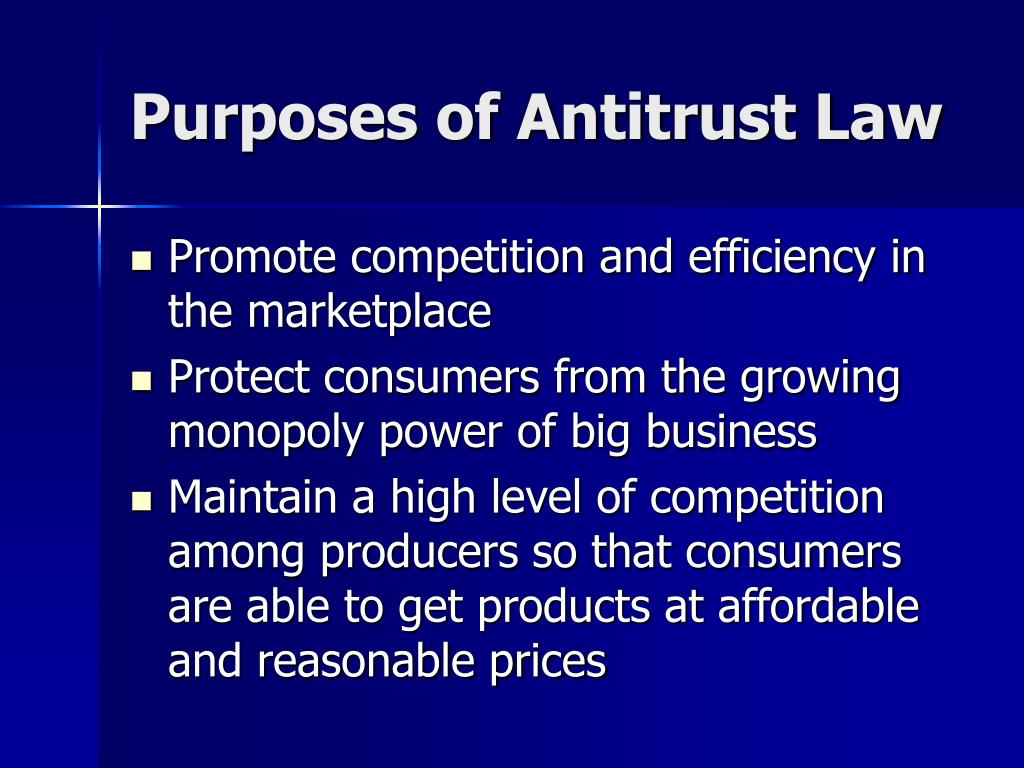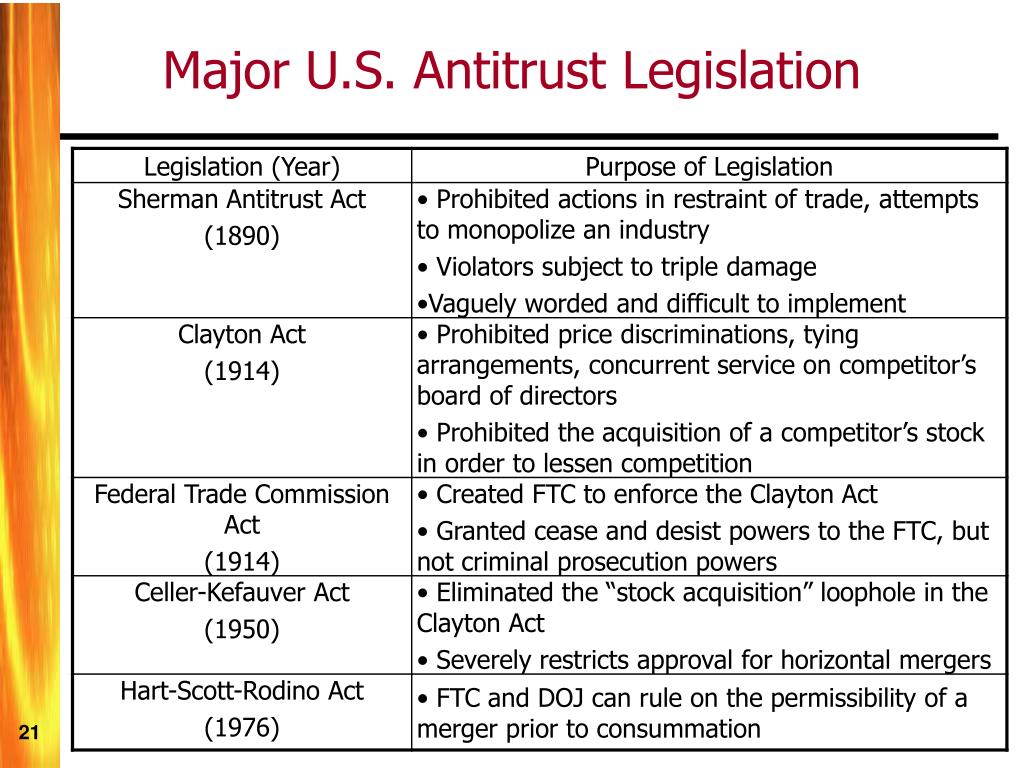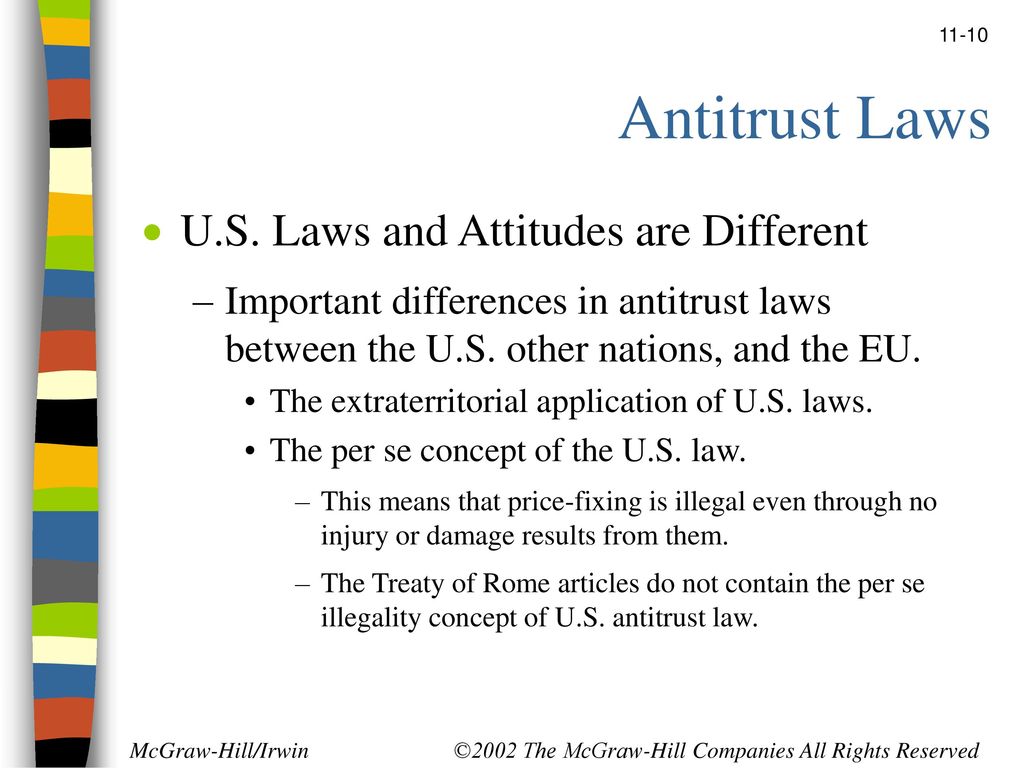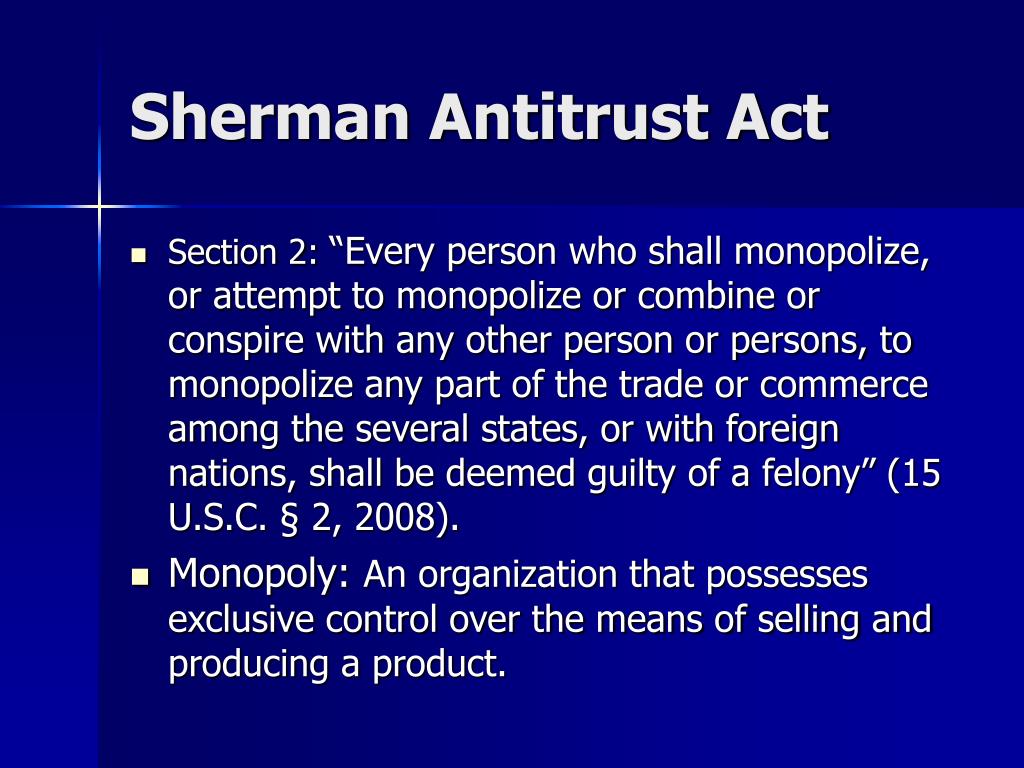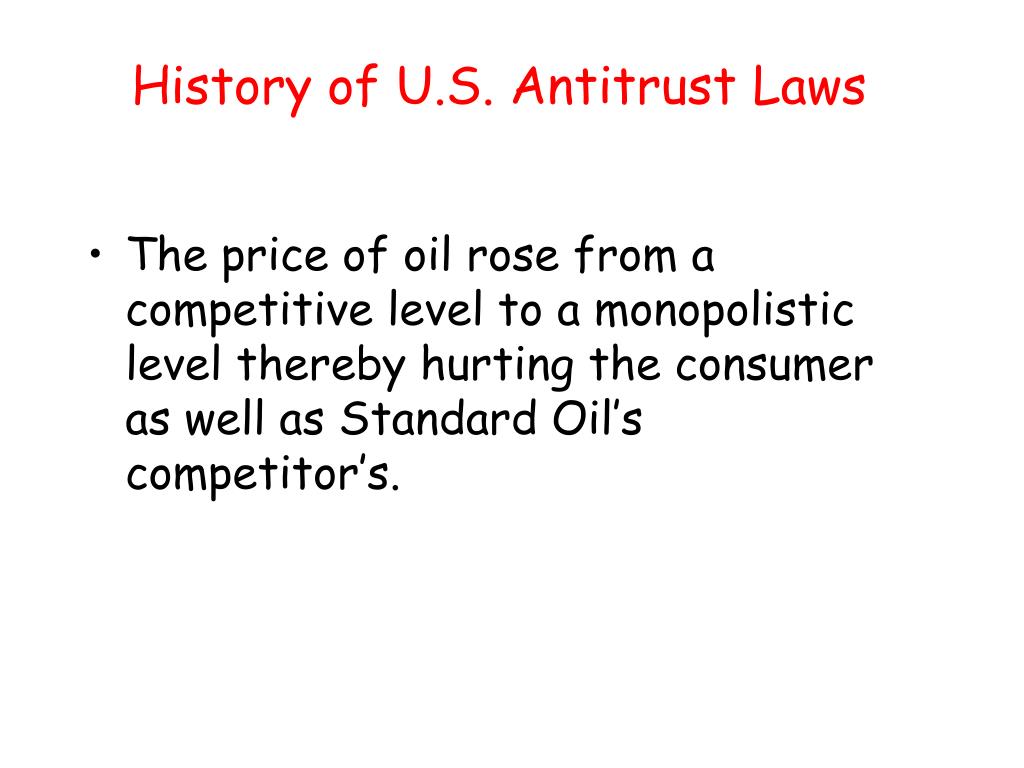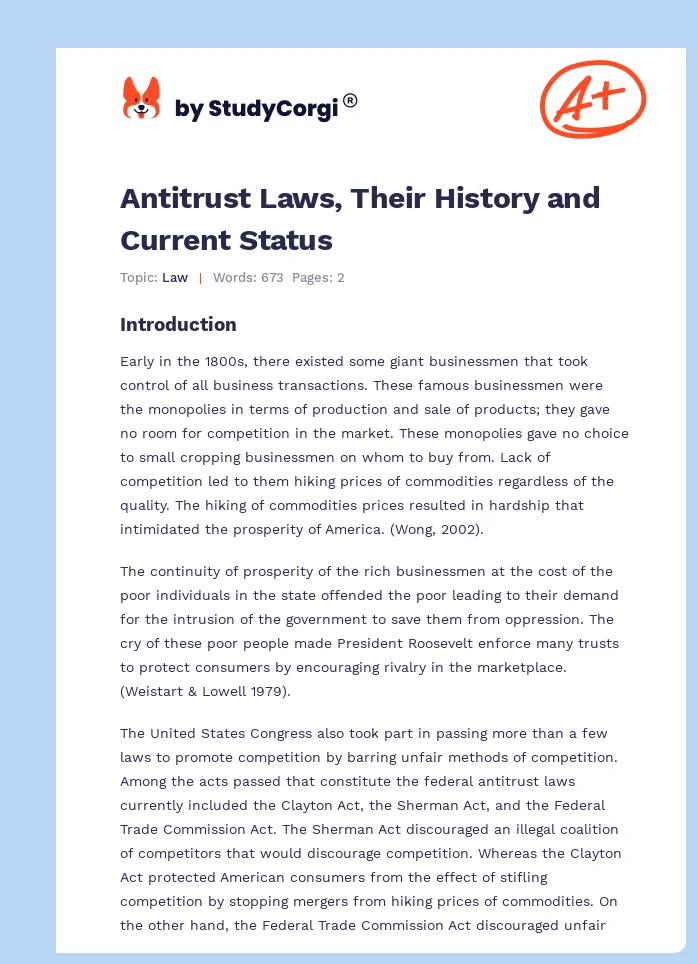The Application Of Current U.s. Antitrust Law

The U.S. Justice Department and Federal Trade Commission are aggressively wielding antitrust laws, signaling a new era of scrutiny for Big Tech and various industries. Recent actions target perceived monopolies, anticompetitive mergers, and unfair business practices, aiming to foster greater competition and consumer welfare.
This heightened enforcement reflects growing concerns about the concentration of economic power and its potential impact on innovation, prices, and overall market dynamics. The current focus encompasses digital platforms, healthcare, and other sectors where consolidation has raised red flags.
Antitrust Actions Against Big Tech
The DOJ and FTC have initiated several high-profile lawsuits against major technology companies. These cases center on allegations of monopolistic behavior and attempts to stifle competition.
The Department of Justice filed a lawsuit against Google in 2020, accusing it of illegally maintaining a monopoly in the search and search advertising markets. This lawsuit, considered a landmark case, alleges that Google used anticompetitive tactics to shut out rivals.
The FTC sued Facebook (now Meta) in 2020, alleging that it illegally acquired rivals like Instagram and WhatsApp to maintain its dominance in the social networking market. The FTC is seeking a court order that could potentially force Meta to divest these assets.
These cases highlight the government's determination to address the power of Big Tech and promote a more level playing field.
Challenging Mergers and Acquisitions
The agencies are also increasing scrutiny of proposed mergers and acquisitions. They are challenging deals that could substantially lessen competition or create monopolies.
In 2022, the FTC sued to block Lockheed Martin's proposed acquisition of Aerojet Rocketdyne, citing concerns about reduced competition in the market for missile propulsion systems. Lockheed Martin subsequently abandoned the deal.
The FTC also challenged Illumina's acquisition of Grail, a cancer detection company, arguing that the merger would stifle innovation in the market for multi-cancer early detection tests. Despite the FTC's opposition, Illumina completed the acquisition, leading to an ongoing legal battle.
These examples demonstrate the agencies' willingness to challenge mergers, even when the merging parties are large and well-established.
Focus on Healthcare and Other Sectors
Antitrust enforcement extends beyond the tech sector, targeting industries like healthcare and pharmaceuticals. The goal is to ensure affordable access to essential services and products.
The FTC has been active in challenging mergers among hospitals and healthcare providers. These actions aim to prevent consolidation that could lead to higher prices and reduced quality of care.
In the pharmaceutical industry, the FTC is investigating potential anticompetitive practices related to drug pricing and patent settlements. These investigations seek to prevent companies from artificially inflating drug prices or delaying the entry of generic competitors.
These efforts highlight the broad scope of antitrust enforcement and its impact on various sectors of the economy.
Key Legal Standards and Enforcement Tools
The DOJ and FTC rely on key antitrust laws, including the Sherman Act and the Clayton Act, to challenge anticompetitive conduct. These laws prohibit monopolies, conspiracies to restrain trade, and mergers that substantially lessen competition.
The agencies use a variety of enforcement tools, including lawsuits, investigations, and consent decrees, to address antitrust violations. Lawsuits can seek injunctions to stop anticompetitive behavior or require companies to divest assets.
Consent decrees are agreements between the government and companies that resolve antitrust concerns. These decrees often involve commitments to change business practices or divest assets.
The "Consumer Welfare Standard" in Question
The application of the "consumer welfare standard," traditionally central to antitrust analysis, is being debated. Some argue for a broader approach that considers the impact of market power on workers, innovation, and social equity.
Ongoing Developments and Future Outlook
Antitrust enforcement is a dynamic area, with ongoing legal battles and evolving interpretations of the law. The current administration has signaled a strong commitment to vigorous enforcement and is seeking to update antitrust guidelines to address modern market realities.
The outcomes of the lawsuits against Google and Meta will have significant implications for the future of Big Tech regulation. These cases could reshape the competitive landscape of the digital economy.
The agencies are also expected to continue scrutinizing mergers and acquisitions across various sectors. Companies contemplating deals should anticipate rigorous review and potential challenges from antitrust enforcers.
